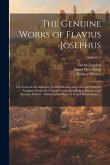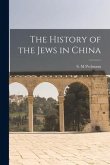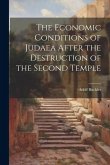The Land of Israel has come under the sway of various empires and has been home to a variety of ethnicities, but was predominantly Jewish from roughly 1,000 years before the Common Era (BCE) until the 3rd century of the Common Era (CE). The adoption of Christianity by the Roman Empire in the 4th century led to a Greco-Roman Christian majority which lasted until the 7th century when the area was conquered by the Arab Muslim Empires. It gradually became predominantly Moslem until the Crusades between 1096 and 1291, when it was the focal point of conflict between Christianity and Islam. From the 13th century it was mainly Moslem with Arabic as the dominant language and was first part of the Syrian province of the Mamluk Sultanate and then part of the Ottoman Empire until the British conquest in 1917. A Jewish national movement, Zionism, emerged in the late-19th century (partially in response to growing anti-Semitism), as part of which Aliyah (Jewish immigration) increased. During World War I, the British government publicly committed to the Zionist Organization to support the creation of a Jewish National Home in the area, which was then an Ottoman territory with a small minority Jewish population. The League of Nations subsequently granted the British a Mandate to rule Palestine which was to be turned into a Jewish National Home. A rival Arab nationalism also claimed rights over the former Ottoman territories and sought to prevent Jewish migration into Palestine, leading to growing Arab-Jewish tensions. Israeli independence in 1948 was marked by a massive exodus of Arabs from Israel during the Arab-Israeli conflict. The lifting of immigration restrictions allowed a massive Jewish exodus from Arab and Muslim countries and Europe to Israel. About 43% of the world's Jews live in Israel today, the largest Jewish community in the world.
Hinweis: Dieser Artikel kann nur an eine deutsche Lieferadresse ausgeliefert werden.
Hinweis: Dieser Artikel kann nur an eine deutsche Lieferadresse ausgeliefert werden.








